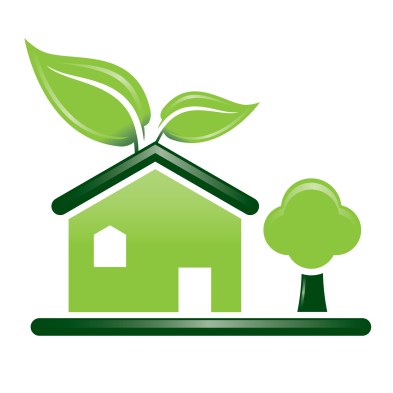Green Home Could Mean More Green in the Bank
Blog, Design Tips Those solar panels could help secure a larger home loan under legislation now pending in the U.S. Senate. The SAVE Act would require Fannie Mae, Freddie Mac and the Federal Housing Administration — about 90 percent of the mortgage market — to add energy efficiency to their underwriting policies. Sen. Michael Bennet, D-Colo., and Sen. Johnny Isakson, R-Ga., filed the bill in June. SAVE stands for Sensible Accounting to Value Energy. Mortgage lenders and appraisers do not consider the value of a home’s energy-efficient technology. While utility bills are ignored in mortgage underwriting, they usually amount to more money than real estate taxes or homeowner’s insurance. The typical U.S. homeowner pays $2,500 on home energy bills annually. The organization estimates an energy efficient upgrade, even a small one, could reduce a home’s energy bills by 30 percent or more. Roughly 30% of new homes come with a home energy audit. The trick is understanding how a lender factors the energy audit and the estimate of expenses into the eligibility decisions. The mortgage industry has yet to get a tight a handle on this. It will take some time, but other criteria such as credit scores took years to develop.
Those solar panels could help secure a larger home loan under legislation now pending in the U.S. Senate. The SAVE Act would require Fannie Mae, Freddie Mac and the Federal Housing Administration — about 90 percent of the mortgage market — to add energy efficiency to their underwriting policies. Sen. Michael Bennet, D-Colo., and Sen. Johnny Isakson, R-Ga., filed the bill in June. SAVE stands for Sensible Accounting to Value Energy. Mortgage lenders and appraisers do not consider the value of a home’s energy-efficient technology. While utility bills are ignored in mortgage underwriting, they usually amount to more money than real estate taxes or homeowner’s insurance. The typical U.S. homeowner pays $2,500 on home energy bills annually. The organization estimates an energy efficient upgrade, even a small one, could reduce a home’s energy bills by 30 percent or more. Roughly 30% of new homes come with a home energy audit. The trick is understanding how a lender factors the energy audit and the estimate of expenses into the eligibility decisions. The mortgage industry has yet to get a tight a handle on this. It will take some time, but other criteria such as credit scores took years to develop.




